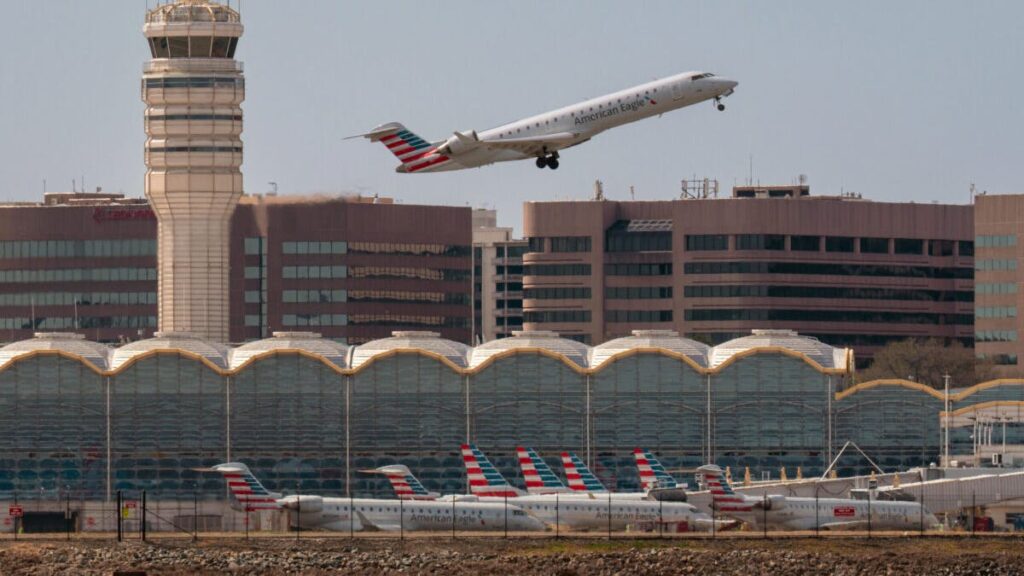The ongoing government shutdown is testing America’s aviation system like a thunderstorm tests a pilot’s nerves, with mounting flight delays and staffing shortages now threatening to ripple across the nation’s airports.
From Nashville to Burbank, from Chicago to Atlanta, the strain on our air traffic control system is becoming increasingly visible. Controllers – those dedicated professionals who guide our aircraft through crowded skies – are working without pay, and some are beginning to stay home.
As this old reporter has seen in past shutdowns, the situation carries echoes of a slow-moving crisis. At Nashville International, staff shortages Tuesday led to significant delays. Out in California, Burbank Airport had to transfer its air traffic control operations to San Diego on Monday – a situation that would have been unthinkable in normal times.
“We’re seeing an uptick in controller shortages across the country,” transportation officials acknowledged Tuesday, their statement carrying the weight of growing concern.
The Transportation Security Administration continues to screen roughly 2.5 million passengers daily, with most TSA employees deemed essential and required to work through the shutdown. But like a pressure gauge climbing into the red zone, wait times at security checkpoints could lengthen if the impasse continues.
Perhaps most troubling are the potential safety implications. The airline industry group Airlines for America warns that maintaining aviation’s stellar safety record may require deliberately slowing down operations, trading efficiency for security in our skies.
The political turbulence in Washington has both parties pointing fingers. Senator Marsha Blackburn of Tennessee argues the shutdown is “crippling air traffic control operations in Nashville,” while California Governor Gavin Newsom lays the blame squarely at the feet of the previous administration.
But for the controllers watching our radar screens, the pilots in our cockpits, and the passengers in our terminals, the partisan crossfire offers little comfort. They simply want to know when normal operations will resume.
As one who has covered aviation for decades, this reporter can tell you: our air traffic system is built on precision, professionalism, and proper funding. Remove any of those pillars, and the whole structure becomes less stable.
The question now is how long the system can maintain its high standards while operating under such strain. With no clear end to the shutdown in sight, that’s a question giving pause to many who know aviation safety isn’t something you gamble with.
And that’s the way it is – a critical piece of American infrastructure, caught in political crosswinds, while dedicated professionals do their best to keep our skies safe.


